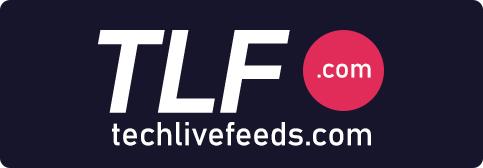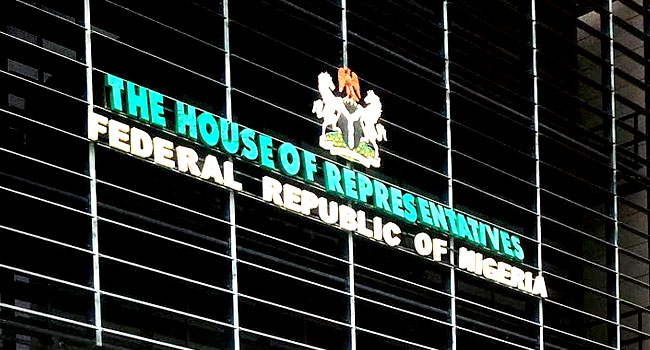The House of Representatives is calling on the Central Bank of Nigeria (CBN) to rethink its decision to impose a 0.5% cybersecurity charge on all electronic transactions within the country.
Kingsley Chinda, who represents the Obio/Akpor Constituency, raised concerns about the levy, highlighting that it has sparked worry among various groups and citizens. These concerns have been voiced through both traditional and social media platforms, urging the government to reverse the directive.
The CBN’s directive, announced on May 6, 2024, involves telecommunications companies, financial institutions, and the Nigerian Stock Exchange. It is scheduled to come into effect on May 20, 2024.
Operators, including mobile money providers, merchants, and commercial banks, have been given up to four weeks to update their systems to accommodate the levy.
Financial institutions such as microfinance banks, primary mortgage banks, and development finance institutions have been granted eight weeks for the same purpose.
The levy collected will be directed to the National Cyber Security Fund, with institutions required to charge the fee at the point of electronic transfer origination. Failure to comply will result in a penalty of 2% of the institution’s annual turnover at a minimum.
However, certain electronic transactions are exempt from the levy, including salary payments, loan disbursements and repayments, and intra-bank transfers. Additionally, transactions such as letters of credit, Treasury bills, bonds, and payments for government social welfare programs and educational institutions are also excluded.
Chinda emphasised that the wording of the CBN circular leaves room for multiple interpretations, potentially leading to confusion among bank customers. He warned that failure to address these concerns could result in the misapplication of the Cybercrime Act, especially at a time when Nigerians are grappling with the removal of subsidies on petroleum and electricity.
The Nigerian government removed petroleum subsidies in 2023, and in April 2024, announced a significant increase in electricity tariffs for certain customers.
However, following public outcry, the Nigerian Electricity Regulatory Commission (NERC) recently announced a reduction in electricity tariffs shortly after halting the setting of metre prices.




